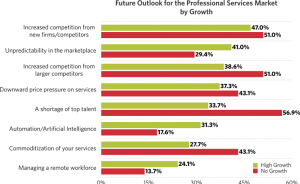Promoting your small business during a crisis can feel like an insurmountable challenge.
Most SMBs don’t have the financial resources to run huge campaigns—at the same time, without promotional materials, you could lose your audience.
There are ways to grow your audience during a crisis, without having to deplete your limited budget.
We share eight methods for promoting small businesses during a crisis that don’t require financial investments or immense human resources.
1. Create and Promote Relevant Content
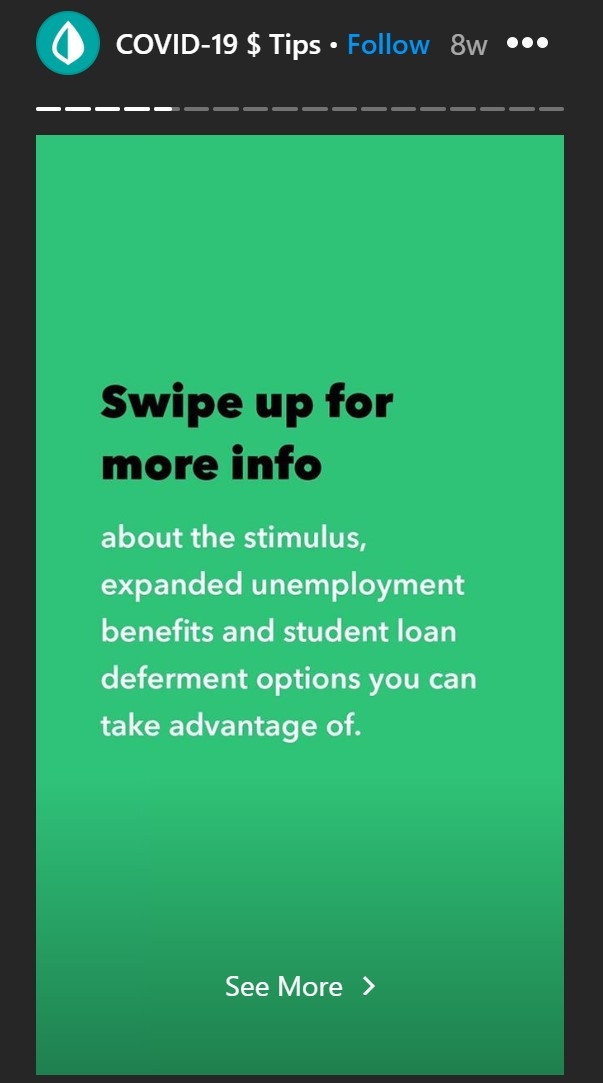
Content relevancy has always been an indelible part of small business promotion—during a crisis, this becomes even more crucial.
Not only does your content have to be relevant, but the platforms you choose to share it on has to be accessible to your audience.
Considering the current global situation, small businesses need to keep in mind that their customers are spending more time online than ever before.
Creating content for social media and blogs is the way forward—at least until people start feeling more comfortable going out.
The kind of information customers are looking for also impacts content creation—there is a greater need for educational material, as well as entertaining content.
Now is the time to design charts and graphics that inform and educate audiences about the crisis, your business, and how people can stay safe.
There are numerous sources online to help small businesses learn how to make infographics or write informative, well-sourced blogs that will add value to their clientele.
Staying relevant when you can’t keep your store open can be a challenge but if you create suitable content for online audiences, you can continue to generate leads even in a crisis.
2. Increase Lines of Communication
Store closures have put small businesses in a difficult position—not only are they facing decreasing revenues but communication lines with customers have also been shut down.
Clients are no longer able to stop by at the store for a quick chat or for clarifications—how are they meant to stay informed about the businesses they support?
During a crisis, businesses need to use as many available communication channels as possible to keep their staff and their customers updated and engaged.
This is particularly important for maintaining customer relationships and to promote your business activities even when stores aren’t physically open.
It necessary to use all the digital channels available to you as most of your customers are online, browsing multiple platforms.
Communicating across multiple platforms can be a tough ask for small businesses, which usually have limited human resources.
But marketing automation software has made it possible to promote your company without having to invest in more manpower.
With automated tools, businesses can easily schedule regular updates on their social accounts.
Software can also be used to be proactive in sending out emails—with details about store closures, how customers can access your services, and the impact of canceled appointments.
Website chatbots can be programmed with stock responses until a customer service representative can take over the conversation.
By diversifying the channels you use, you improve your chances of reaching customers when and where they are available.
3. Explore Virtual Options

One of the major fallouts of this crisis has been how much time people are spending online—not just for information but also for entertainment and to keep themselves occupied.
Despite the digital shift, many customers can’t afford a major change to their lifestyle without their physical and mental health being affected.
In the wake of these changes, a number of small businesses have taken steps to offer virtual versions of their services.
While big businesses have been able to set up virtual tours, local companies have been holding online gym, dance, training, and therapy sessions for their customers.
Such sessions and classes can be conducted over Zoom on a regular basis, with businesses setting up website landing pages for customers to sign up and pay.
Companies are also holding webinars to educated customers, fellow businesses, and to generate leads—made possible by using webinar software that costs as little as $ 20 a month.
For many local stores, having a website has not been a priority thus far—but with customers unable to access the brick and mortar outlets, they have had to create simple, accessible sites.
These websites do not need to include a ton of information—instead, they should be designed to share regular updates on business services and access to products.
There is further innovation within this realm—some grocers and farmers have created virtual experiences that allow customers to shop online as they would do in a physical store.
Once the items have been chosen, the customers complete the checkout process and the stores have their purchases delivered via a trusted external party.
Going virtual isn’t an easy task but there are now numerous online tools available to small businesses for them to continue promoting themselves and bringing in revenue.
4. Social Business Pages
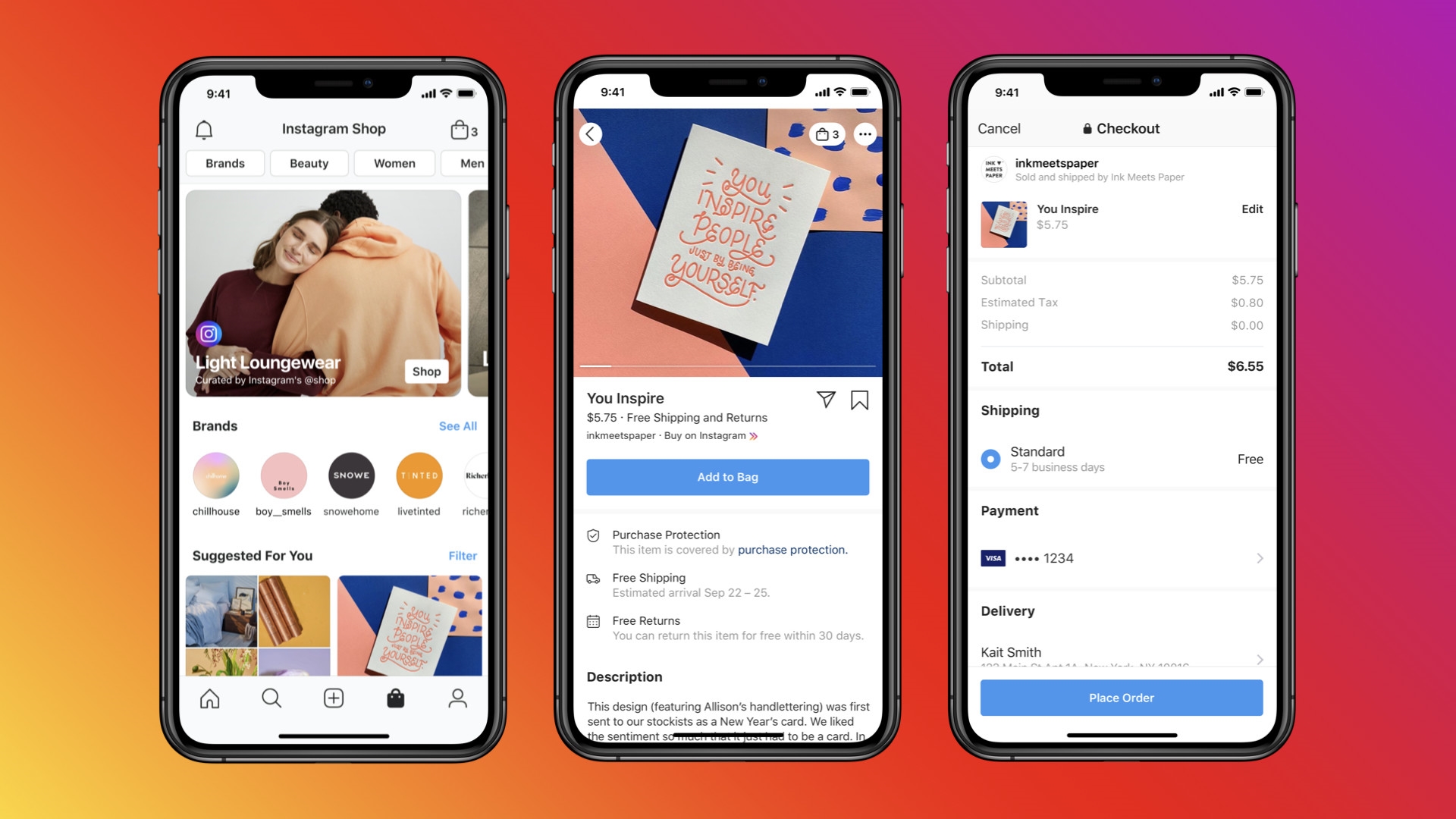
Social media for business is very different from when you use it as an individual—business pages give you the ability to sell directly through social media, along with in-depth analytics.
A business page on social media can mitigate some of the issues that arise with not having a website—though it would be best to have both, if possible.
On social media channels like Instagram, profiles can be changed to business accounts with a click of a button. On Facebook, you can create a business page by following a few steps.
Once these business pages and accounts have been set up with logos, company descriptions, contact details, website links, and a call-to-action button, you can begin posting.
You have the option of redirecting your audience to your website for purchases or to allow them to buy products directly from the social channel.
Facebook’s marketplace or Instagram’s shoppable posts make the purchasing process faster for audiences—cutting out the added step of leaving the platform to complete checkout.
For small businesses, using social media’s shopping features helps the promotion and selling process by keeping both self-contained within one platform.
When resources are scarce, being able to accomplish two objectives with one feature can be very beneficial.
5. Google for Business
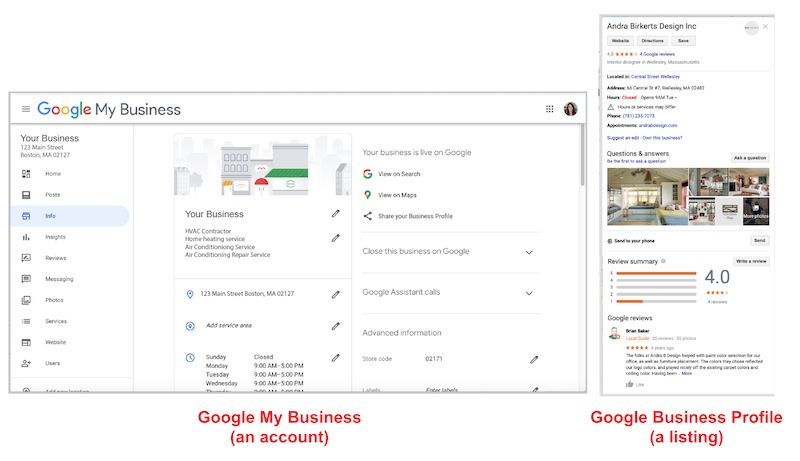
Aside from social media, Google also offers promotional opportunities to small businesses through Google My Business or Google Retail.
These free services allow businesses to add their information, contact details, and products, making themselves discoverable across Google Search and Maps.
As a promotional tool, Google My Business is easy-to-use and adds an aura of reputability to your company.
You can add photos of your premises and your products to boost your views. Customers can also leave reviews for your business—and you can respond to customer queries in turn.
Google My Business also offers insights that help organizations track how customers are finding them and which areas need to be further optimized.
To promote your business effectively, it is best to be where your customers are. With so many people searching online while at home, it is worth signing up with Google My Business now.
6. Offer Regular Deals

The way we work has changed because of the current crisis—small business promotions need to be adjusted accordingly.
Changing circumstances not only impact how a company functions, but also how customers interact with it.
Since customers are unable to visit stores, they need an added incentive to engage with your brand online.
To bring in these clients, small businesses can opt for seasonal promotional tactics—such as offering lucrative deals, discounts, and packages.
By sharing deals for products and services, you remind customers that your business is still running and that you are making yourself more accessible by moving online.
For service-oriented businesses, deals could take the form of gift cards or packages to be redeemed at a later date—this will keep the customers engaged and generate revenue for you.
Small businesses can also offer free content like live streams and whitepapers that share their thought leadership to draw in traffic.
In a crisis situation, you need to give something to get something—with customers so isolated from brands, deals can bridge the gap between you and your clients in the short term.
7. Use Registration Forms
A website is an important aspect of small business promotions but it needs to actively capture leads to bring in revenue.
While websites generate traffic, there needs to be some incentive for visitors to share their contact details—which can then be used in email marketing and retargeting campaigns.
Companies can add registration forms to websites to encourage newsletter signups—these can be added to your company database for email campaigns.
But forms are also useful tools for lead generation—they can be used to give customers access to gated content that can only be obtained by sharing email addresses and other details.
It is recommended that lead generation forms be kept short—the longer your form, the less likely it is that a visitor will want to fill it in.
Keep the form concise so you get the information you need to build long-lasting customer relationships.
8. Utilize Social Proof
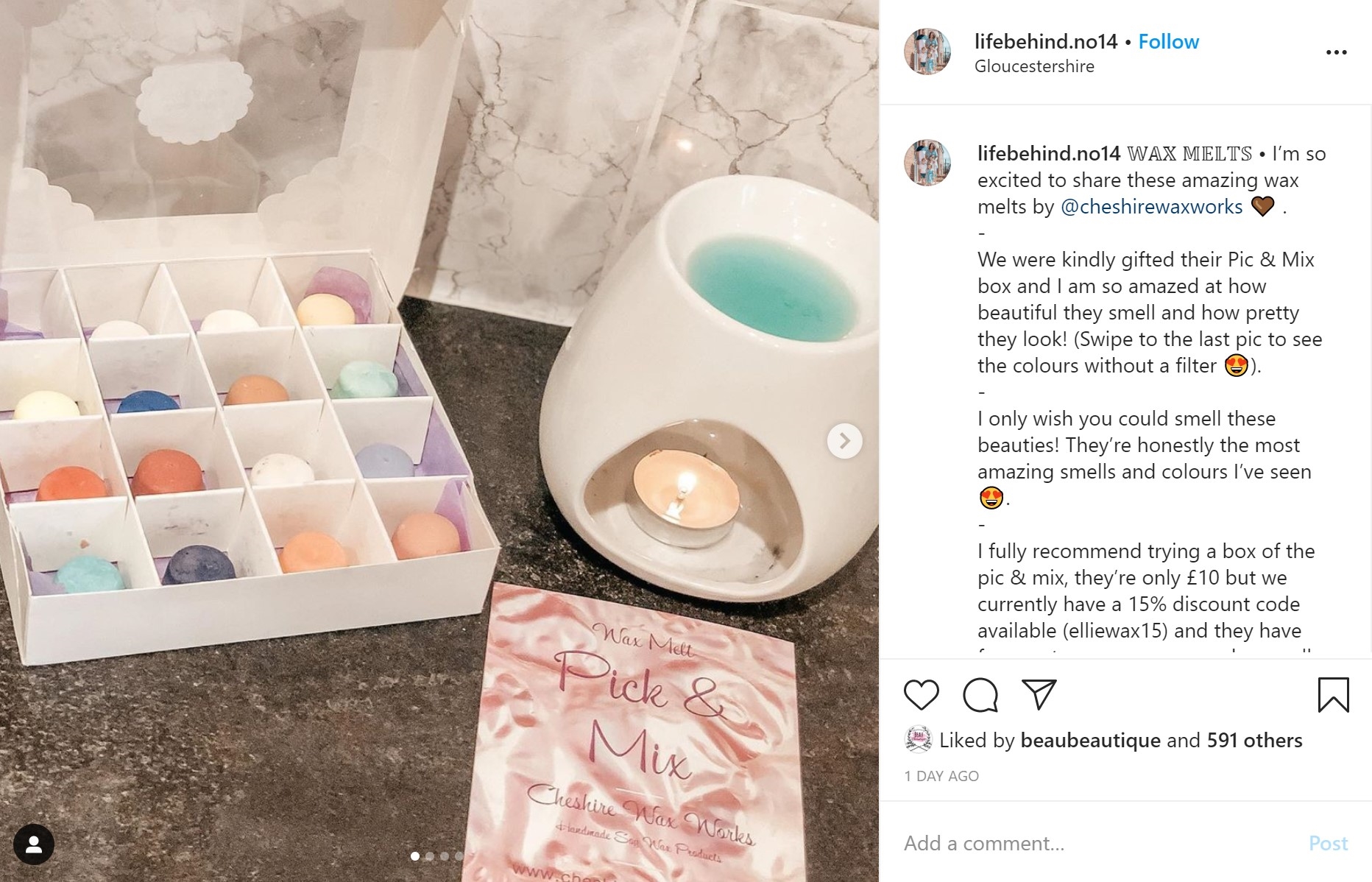
The online sphere is crowded and bustling—there are plenty of competitors in every niche. How do you rise above the noise to get noticed by customers?
The answer is social proof—reviews and testimonials, or any material that showcases how much customers support and advocate for your brand.
Social media is an excellent tool for showcasing social proof—and is widely used to share testimonials, through videos and images, of real customers’ enjoyment of a brand.
Platforms like Facebook and Google My Business allow customers to leave reviews. When negative reviews appear, companies can answer customer’s issues immediately.
If the conversation continues, it is best to move the discussion to a private platform like Facebook Messenger so as not to influence other customers.
Small businesses have also shared user-generated content—garnered through contests or hashtag campaigns—of customers using or wearing their products as social proof.
Customers have a plethora of choices available to them online—to make the best decisions, they want to see what other people like them are using, which is why social proof is so crucial.
Conclusion
For small businesses to promote themselves during a crisis, they need to step out of their comfort zone and be innovative.
We have shared eight ideas that can be adopted by SMBs, including:
- Creating relevant content
- Diversifying communication channels
- Going virtual
- Making social business pages
- Joining Google My Business
- Offering deals
- Utilizing registration forms
- Sharing social proof
With these promotional methods, small businesses will be better placed to keep their customer base engaged and generate much-needed revenue to get them through the crisis.
Business & Finance Articles on Business 2 Community
(275)

